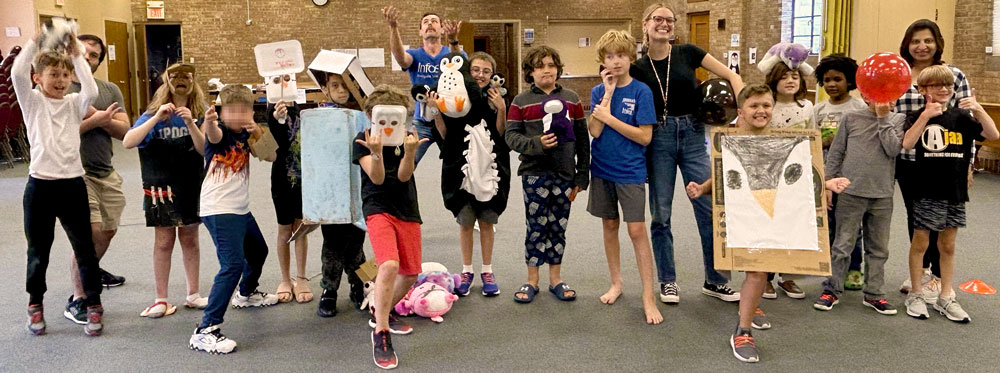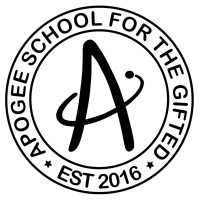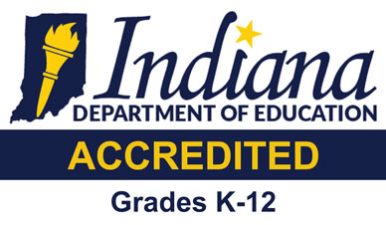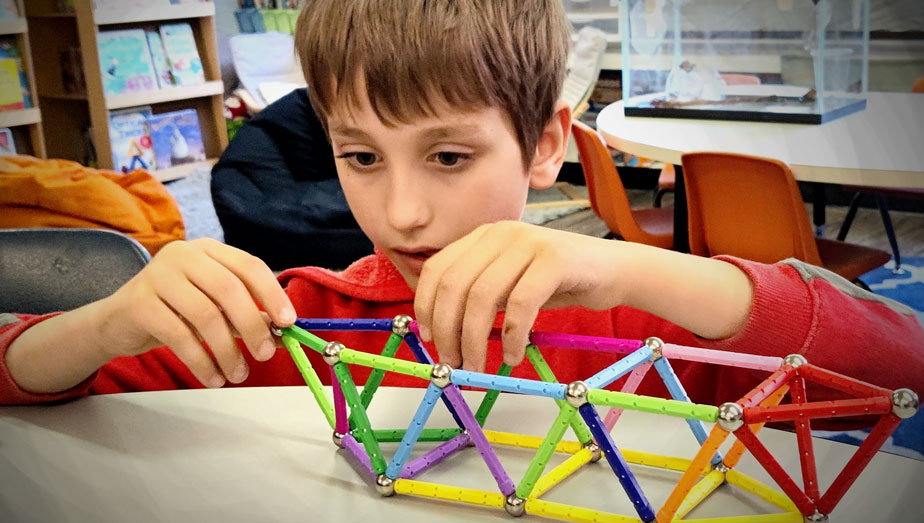
How do you know if your child is gifted?
So you think your child might be gifted? No two gifted children are exactly alike, and expression varies widely, but here are some of the typical characteristics of gifted children:
- Unusually large vocabularies for their age
- Ability to read earlier than most children, often before entering school
- Greater comprehension of the subtleties of language
- Longer attention span, persistence and intense concentration
- Ability to learn basic skills more quickly and with less practice
- Wide range of interests
- Highly developed curiosity and a limitless supply of questions
- Interest in experimenting and doing things differently
- Tendency to put ideas or things together in ways that are unusual and not obvious (divergent thinking)
- Ability to retain a great deal of information
- Unusual sense of humor
(Guiding the Gifted Child, by James T. Webb, Elizabeth A. Meckstroth, Stephanie S. Tolan)
Gifted education is special education
Students with an IQ below the 2nd standard deviation benefit from specialized support including teachers credentialed in special education and accommodations designed to help them achieve their personal best. In the same way, students with an IQ the same distance above the mean benefit from teachers credentialed in high ability and accommodations designed to help them achieve their personal best.
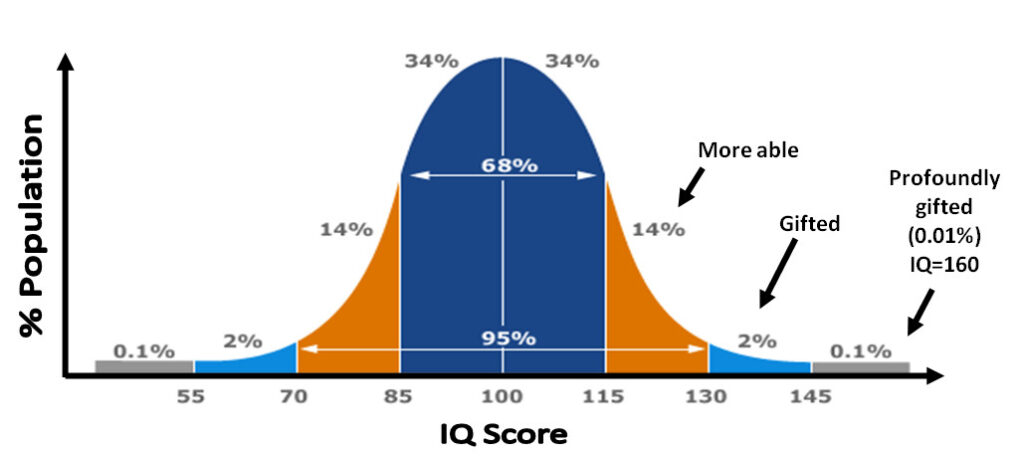
The idea of Apogee, and gifted programs in general, is to do our part to provide the Least Restrictive Environment to students who are otherwise restricted by environments that are unable to accommodate their full needs. This could include curriculum that doesn’t match their ability or the basic human need to be known and emotionally safe.
In Indiana, public schools in general classify gifted as the top 10% for the practical reason that there simply wouldn’t be enough students who qualify for a full class otherwise. The needs of a 10% gifted student are vastly different from a 2% gifted student. If a teacher in a typical classroom has an average of 20 students in a class for a school year, the odds are that they will encounter one student every two years who qualify for Apogee. There are many needs among those 20 students, so it doesn’t make economic sense to devote resources to such a small need. That’s where Apogee comes in. We exclusively focus on the needs of the 2%-3% students.
2E & H/PG
Gifted students, by definition, are already “exceptional” in the sense that their needs deviate from a typical age peer.
It’s possible for a student to have a second exceptionality such as dyslexia, ADHD, autism, slow processing, anxiety, or other special need. We call this twice-exceptional or 2E. The Apogee School is equipped to provide basic accommodations to students who qualify for certain mild interventions.
It’s important to note that Apogee is not a therapy school. We do admit some students who are receiving therapy elsewhere, but the school is not staffed to provide support beyond the accommodations provided to all students such as small classroom sizes, flexible pacing, preferred seating, and similar services already in place.
Around 10%-15% of students at Apogee fall within the H/PG or highly / profoundly gifted range where IQ > 145. We are one of the few schools in the nation that understand the needs of H/PG students. We generally consider H/PG as a second exceptionality. To put it into perspective, a teacher in a traditional classroom with 20 students per year statistically should see only one H/PG student every 50 years. Apogee provides special training to equip our teachers to successfully work with our H/PG students.
Is Apogee a Special Needs School?
No. What makes Apogee unique among gifted schools is that our foundational approach is driven by the best practices of neuroscience to put the emotional needs of the child first. We firmly believe that if any child, gifted or not, feels safe and included, they will be able to do their best work.
Apogee attracts students who need a smaller, more personalized environment, and an opportunity to bloom when they are ready.
Gifted burnout among students and gifted adults is a problem we’re hoping to avoid by design.
Our model aims to produce graduates who truly know themselves and have a realistic understanding of their potential so they can live full and productive lives.
What are the admissions criteria for Apogee?
See our [ADMISSIONS PROCESS].
Want to learn more? We recommend Hoagie’s Gifted 101.
